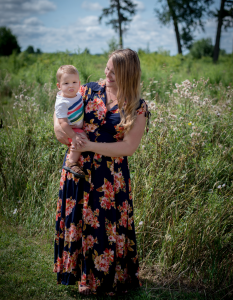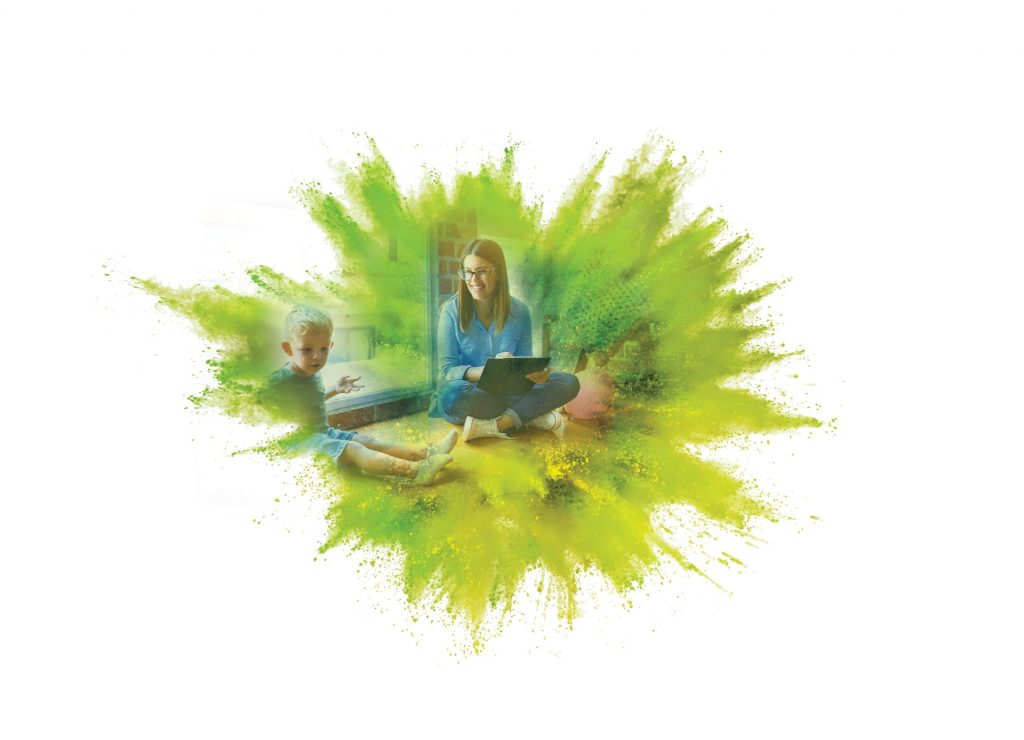Last week I spent time going over your little (or big!) one’s developmental capabilities using neuroscience. I started to lay the framework for looking at how your child’s environment determines their behavior. It was a lot of information to digest and I get that. It took me years to really hone in on the science of behavior, then a few more years really applying it to get it. Having my own children helped me realize neurological abilities matter. I know that becoming a behavioral scientist and researcher when they grow up is most likely not every little girl’s dream. You’re probably thinking “yes, of course, you want the difficult behaviors to end, but how can you even start to apply ABA (applied behavior analysis) to your daily life?”
Just like everything else it starts with you, the parent. Now, I could jump into a long lecture about how all the challenging behaviors in our homes happen because we somehow reinforce them. That would make me feel miserable as a mom and I’m sure it would make you feel miserable too. We’re going to pass on that one. While there is some truth that we play a part in the behaviors our children engage in, what we’re really responsible for, first and foremost, is taking care of ourselves.
This sounds overwhelming when you’re raising young children, especially if you are raising exceptional children with different abilities like autism. In a case like that pretty much anything can happen within the span of a few minutes. This can be nerve-wracking! If you are taking care of a young child who is not meeting their milestones, another layer of worry may be added on. Whether your child isn’t walking, isn’t talking, won’t eat, or is showing some signs of autism, I know firsthand just how deep worry can sit in a mother’s heart. Daily worrying on top of trying to actually attend to the vivacious little someone in your life and you, yourself, may get lost.
Being the Best Parent You Can
But here’s the thing. Regardless of where you are in your parenting journey, you were perfectly designed to be this little someone’s mom (or dad). All the stress you carry and worries that overwhelm you come from being a good parent! If we let that stress and worry carry us, however, we can’t be our best selves. If we give in to stress, we can’t possibly be our best selves to our children. As parents, we need to be able to step away and find little ways to relax each day. After a while, we can add these little breaks up into a self-care routine so we can be our best selves to our children.
I know you’ve heard this phrase a million different ways, but you just can’t drive a car without gas (or electric!). In the same way, you cannot fully take care of your children the way you want to if you’re running on fumes. I can’t ask you to step back and neutrally observe your child’s behavior if your nervous system is so overloaded a dog barking will make you snap. So, before you start digging into this and ask yourself “what” about your child concerns you or “why,” first you need to ask, “what do I need to do this well?”
Help Your Family by Helping Yourself
It could be getting back into the gym, getting good food in, making time to call a good friend– heck, even going out with a good friend with no kids! It can be anything that makes you feel like you. Once you find what little things that make you feel at home with yourself, keep them up! Start building them into a little routine that you can follow regardless of what is happening in your home.
My routine is getting to the gym regularly, limiting sugar & processed food, seeing my friends with or without kids, talking to my sister, and carving out date time with my husband. Also, as an introvert, on any given day I need to excuse myself for 5-10 minutes to meditate or lay down to regain my energy. This doesn’t mean I’m meditating non-stop or that I’m out with friends every evening, but it does mean I know that in the thick of parenting these options are available to me for some ‘recharging.’
Once you are able to find a way to calm down that hot mama (or papa) nervous system and come home to yourself, things will become a little clearer. It won’t make life perfect but it makes it more manageable. For me, it even brings a bit of inner peace. In finding a way to take care of yourself you’re then ready to step back and start making calmer decisions about your children. From jumping into functions of behavior to making the difficult decision to get extra help or therapies, knowing that you’re making tough decisions from your authentic self will help. That’s the good stuff.
Xoxo,
Jessie


